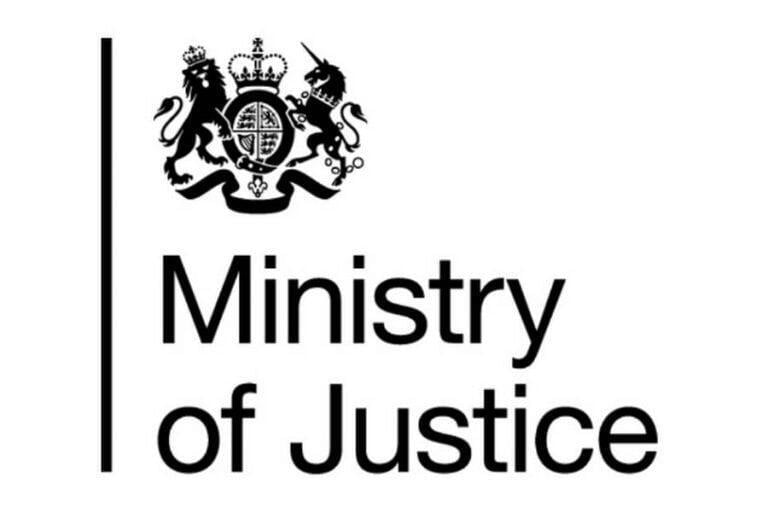Ethnic Inequalities in the Criminal Justice System
and
Cumulative Disadvantage in the Criminal Justice System
projects are both funded by the Economic and Social Research Council (refs: ES/V015613/1 and ES/Z502418/1).
In recent years, there has been considerable policy interest in the existence of ethnic inequalities in the way people are treated in society. Following a series of high-profile events such as The Black Lives Matter global protests, sparked by the killing of African American, George Floyd in the US, ethnic disparities in policing and the Criminal Justice System (CJS) have come into the forefront of public and political debates.
The 2017 Lammy Review, commissioned by two UK governments, shone a light on the treatment and outcomes of ethnic minority people in the CJS. From the point of arrest, through prosecution to custodial remand, sentencing and imprisonment, ethnic minority groups were shown to be both disproportionately represented, and to experience disproportionately worse outcomes.
Amongst its recommendations the Review identified the need for evidence into the causes of inequalities. This was the motivation behind a call to ‘explain or reform’, in which CJS agencies were asked to provide evidence-based explanations for ethnic disparities or introduce reforms to address them.
Following the Lammy Review, the Ministry of Justice made a commitment to improve the collection of data to help address disparities across the CJS. These projects both use magistrates’ and Crown Court datasets developed as part of the Data First programme, to address this evidence gap for the first time.
Overview of Projects
- Ethnic Inequalities in the CJS
- Cumulative Disadvantage in the CJS
There is a complex array of factors that impact differential outcomes in the CJS between white and ethnic minority groups. Defendant characteristics such as gender, age, and socio-economic status, and offence characteristics such as the severity and type of conviction offence, previous offending, and plea decision, are thought to explain some of the observed ethnic disparities. The type of court where defendants appear, and contextual and organisational factors of courts may also underlie observed ethnic disparities.
It is only after contextualising the factors that influence differential experiences and outcomes in the CJS are taken into account, that we can begin to identify effective ways of addressing ethnic inequalities.
The project is generating new evidence on the extent and drivers of ethnic inequalities at different stages of the CJS. The research examines a range of defendant, case and court characteristics to deepen understanding about the factors associated with remand and sentencing outcomes and determine the extent of ethnic disparities independent of other factors associated with these outcomes. The study findings are expected to enable agencies involved in the CJS to develop strategies to address ethnic inequalities in effective and tangible ways.
Summary of the main objectives:
- Generate new evidence to explain ethnic inequalities in experiences and outcomes in magistrates' and Crown Courts.
- Deepen understanding about the factors creating disparities in sentencing outcomes between ethnic groups.
- Examine the relative contribution of defendant, case, and court factors in explaining ethnic differentials in court outcomes, at different stages of the CJS.
- Determine how much of the ethnic gap in court outcomes and sentencing practices can be attributed to compositional and structural factors.
- Provide effective and tangible recommendations to address inequalities in the CJS.
Criminal justice punishment is unequally distributed. England and Wales have the highest rates of imprisonment in Western Europe, where ethnic minority people make up 27 per cent of prisoners compared to 18 per cent of the general population. The landmark Lammy Review and subsequent government reports have documented ethnic disparities across different stages of the criminal justice system highlighting the need for evidence into the causes of ethnic disparities.
Academic and policy debates have centred on whether these disparities result from discriminatory treatment of ethnic minorities. Most of the evidence comes from sentencing studies which consistently show that ethnic differences persist even after accounting for relevant, including legal, factors. However, focusing solely on sentencing outcomes overlooks how earlier decisions in the justice system shape and potentially compound later outcomes. Just as critical events over the life course can alter someone's life trajectories, key decisions and outcomes at various stages of the criminal justice system – such as arrest and pre-trial detention – can alter someone's pathways through this system.
Summary of the main objectives:
- Generate new evidence on how different forms of disadvantage combine and accumulate across stages of the justice system to produce ethnic inequalities.
- Deepen understanding about how earlier decisions in the criminal justice system shape later outcomes.
- Develop strategies and policies to address ethnic disparities at multiple stages of the justice process.







